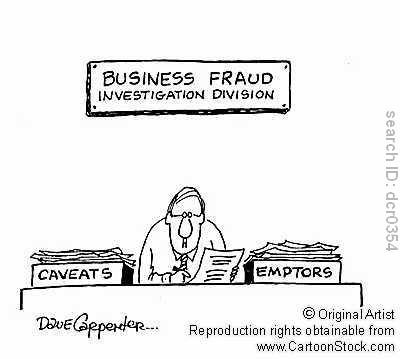
About two months ago, absent from my laptop, I put pen to paper to write about the price of an asset. Unfortunately I lost my notes and never got back to finishing off that piece. And of course procrastination is the thief of time. So I guess I wouldn’t have revisited the subject were it not for the Facebook ™ IPO. Facebook ™ shares went public at a price of US $38 per toke. Turned out that the issue was overpriced and some information had been kept from the ‘gullible’ public. As usual it was the small investor that lost out.
But what is the price of an asset? You have heard about market values, net present values and all manner of capital asset pricing models. Unfortunately these models will never give you the price of your treasured asset. They may be near at best, but as with all of us who have burnt our fingers in the marketplace, the taste of the pudding is in the eating.
Here is the anecdotal evidence that will disabuse you of the usefulness of any valuation model beyond academic purposes. A friend of mine asked a reputable valuer to value an asset. She placed the value of the asset at US $ 400,000. He was very disappointed with her because he thought the value of the asset was US $ 1 million. We consulted very many brokers and many agreed that her valuation was rather too low. Most argued the value of the asset was anywhere between US $ 900,000 and US $ 800,000. The point is that no one could put a finger on the actual value of the asset.
Because of depressed market conditions, and high interest rates , the friend could no longer hold onto the asset and put it on the market. The asset sold for US $ 725,000 after a lot of pleading with the eventual buyer. So what is the price of your reassured asset?
Lesson one: the price of your very treasured asset, for which you may even have lots of emotional attachment, is exactly what a willing buyer is willing to pay given the existing market conditions. This depends on the information they have about the asset and the market.
Lesson two: valuation is a very inexact science, whose outcome depends on the expectations of the person who hires the valuer. If it is a bank, the value is going to be depressed. If you the owner of the asset do the asking, it is going to be inflated most probably.
Lesson three: prices can go up or down depending on the relationship of the person sponsoring the flotation of the asset. If it is a private owner (see lesson two) the price is most probably going to go south. If it is your government, the price is most probably going to go north.
Lesson four: Knowing which way the price will go is like reading tea leaves in a tea cup. Never trust anybody!
And so if you bought Safaricom ™ or Facebook™ shares, somebody just ate your dinner. The next time there is an IPO or an asset for sale, sleep on it, think about it, and then go buy yourself something less fancy than airtime of a computer page. Caveat emptor still rings true!
